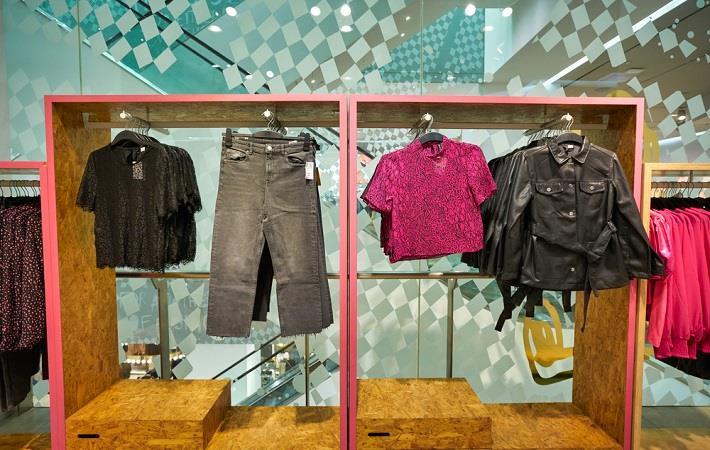As restrictions are eased and economies are opened, retailers have to rapidly adapt to the COVID-19 world, says S&P Global, which foresees far-reaching and lasting effects on the business models of most retailers that will transcend the selling process, relationships with customers and changes to assortment, supply chains, store bases and store configuration.
Credit quality will to a large extent depend on how these companies adapt, evolve, and reposition themselves in a dramatically changed environment because of the pandemic, which has fragmented retail into essential and discretionary segments, the company said in a press release.As restrictions are eased and economies are opened, retailers have to rapidly adapt to the COVID-19 world, says S&P Global, which foresees far-reaching and lasting effects on the business models of most retailers that will transcend the selling process,relationships with customers and changes to assortment, supply chains, store bases and store configuration.#
The biggest challenge will be to invest and fund this transformation while dealing not only with the pandemic, but the accelerated digital disruption most of the sector has endured in recent years.
In many countries, what governments considered essential did not necessarily correspond to consumers' views on the matter. Several retailers had to close at least some of their stores or to restrict their assortment to focus on core and essential offerings.
If the pandemic continues, the world could see some non-food retailers aiming to diversify into some basic level of food retail operations to hedge their bets on several fronts: to remain open during any future lockdowns, benefiting from footfall in the stores, tide over the decline in demand for discretionary products and remain connected to their customers, the rating agency said.
As the restrictions are lifted only gradually, S&P Global feels some discretionary retail segments could take longer to bounce back in advanced economies, if consumers perceive them to be less necessary.
If these restrictions are not substantially relaxed or are reinstated due to subsequent outbreaks, consumer spending on discretionary goods and services will be depressed for longer, especially in the backdrop of the recession and weaker employment levels.
The economic downturn will lead to a fall in disposable incomes and further accelerate the tendency for customers to seek value and gravitate toward discounters, as they did in the previous recession.
E-commerce will accelerate and omni-channel will become more crucial, the company said. For many non-food retailers, especially the apparel, specialty, and general retail segments, e-commerce has emerged as a lifeline during the lockdowns.
Delivery time with less robust transport and delivery infrastructure has been a major constraint in the growth of e-commerce in some developing countries of Asia and Latin America, especially outside the major cities, it said.
Retailers will have to integrate their supply chains, warehousing, distribution, and stores into a cohesive unit to offer a seamless ‘phygital’ (physical-digital) experience. At the same time, retailers need to rethink their strategies aimed at differentiated shopping experiences at stores, given physical restrictions.
Retailers will also have to drastically reduce their cost base, as the pandemic will lead to higher costs and investments in cleaning, hygiene, and health and safety measures to protect employees and customers. This, coupled with physical distancing, will weigh on profitability in the near term, it added. However, the company expects these costs to gradually blend into the industry's cost structure.
Fibre2Fashion News Desk (DS)
